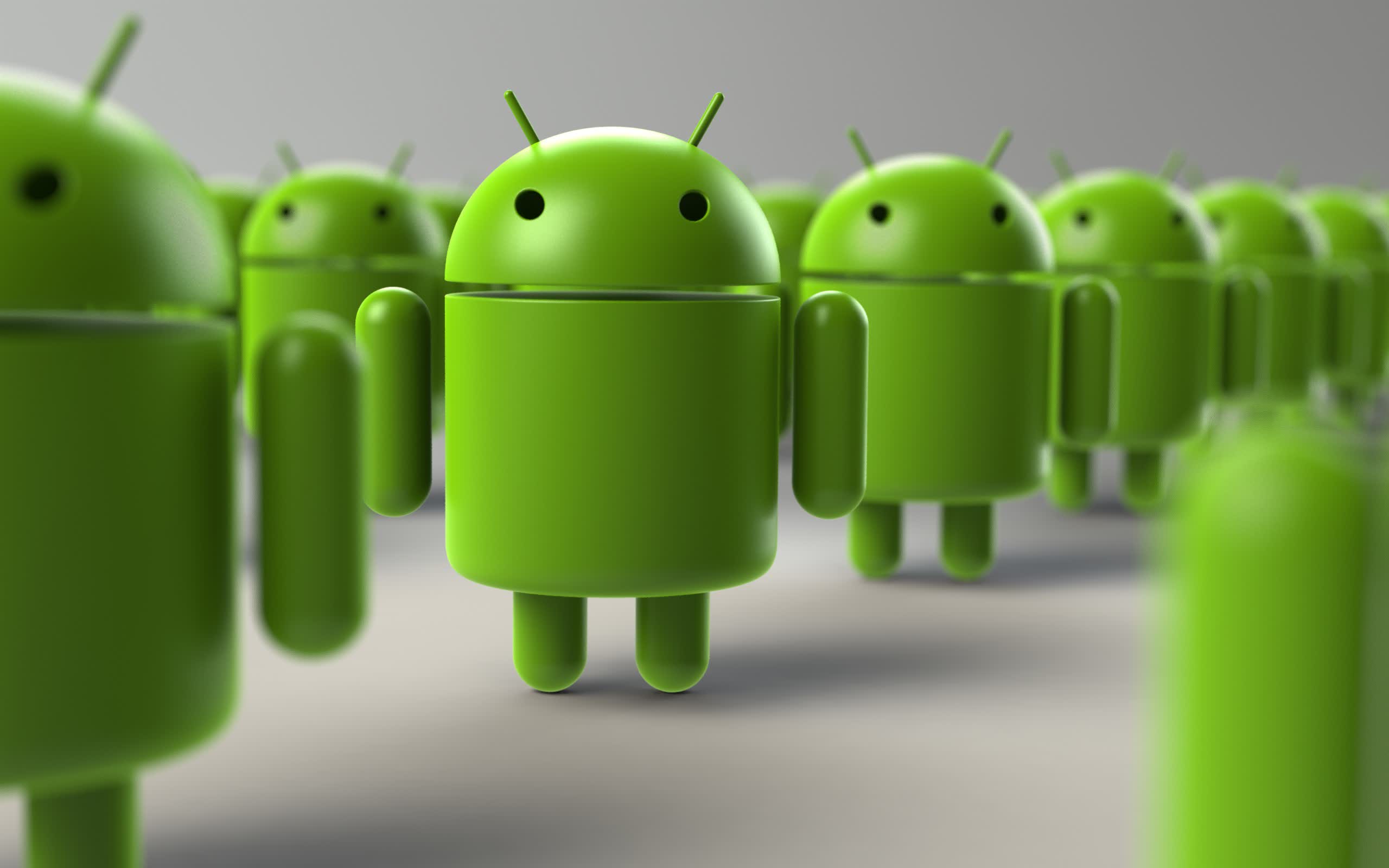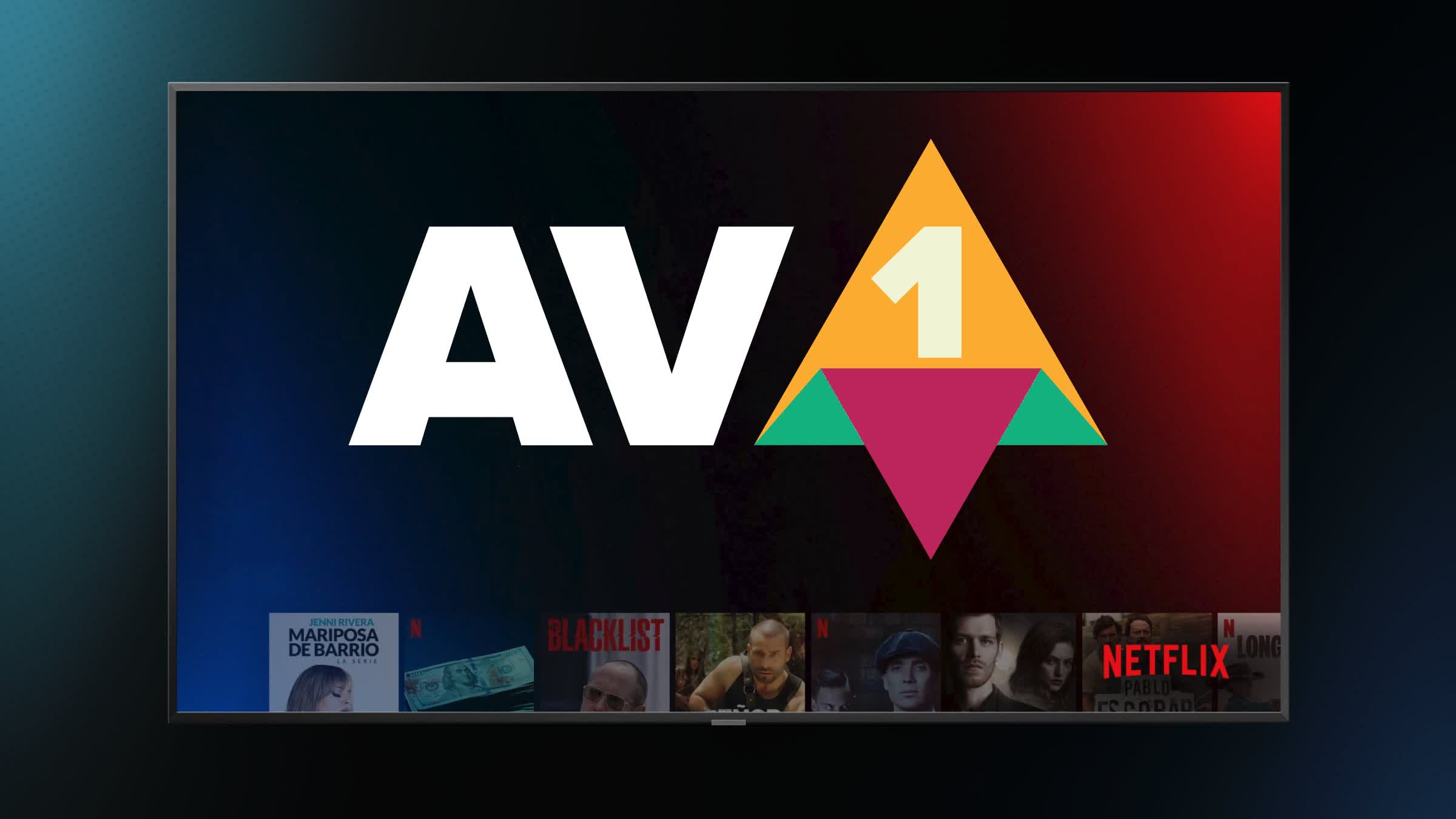In context: The AV1 video coding format provides an open, royalty-free codec specifically designed for internet video streaming, developed as a successor to Google's VP9. Unlike competing formats like H.264 and H.265 (HEVC), AV1 offers a truly free license that does not hinder adoption in open-source projects, while third-party tests have shown that the reference AV1 encoder can achieve much higher data compression rates than competing products.
Arif Dikici, Google's manager responsible for video and image codecs on Android, recently confirmed that the mobile operating system is getting an official, software-based AV1 decoder. Mountain View's platform will integrate dav1d, the AV1 decoder written in assembly by VideoLAN for the VLC media player. According to Dikici, dav1d is the "best" software AV1 decoder available today.
All Android devices dating back to Android S (Android 12) will receive this decoder through a new update, with an over-the-air addition that began rolling out alongside the March 2024 Google Play system update. Thanks to dav1d, "most" smartphones and Android devices will be capable of decoding 720p30 videos without any additional hardware requirements.
The optimal AV1 decoding experience requires a device to use specific hardware components designed to natively "accelerate" the relatively new format. However, AV1 hardware decoders are not as widespread as media corporations would like. An efficient, fast software decoder provides a viable alternative while older (and less expensive) devices are gradually replaced over time.

Third-party apps need to opt into Android's dav1d to benefit from it, Dikici said, but the library will "soon" become the default AV1 software decoder for the mobile platform. Compared to libgav1, the AV1 codec still being used by default, the new "libdav1d" library is seemingly much more efficient and can provide better performance levels. A hardware decoder would still beat any software-only library by a wide margin, of course.
One of the apps already using libdav1d is YouTube, though the server-side change forcing AV1 videos onto clients could have been reverted for now. The new library could cause increased power usage, though users' experience may vary depending on the device they own.
The ability to decode higher-resolution videos on low-end devices will likely be an enticing prospect for Android users, while app developers can access much improved video capabilities. VideoLAN is also working on the acceleration of their dav1d decoder to reduce power consumption, though not much can be done as this is "just" a software decoder. The next dav1d release will be 12 percent better in some cases, the organization stated.
